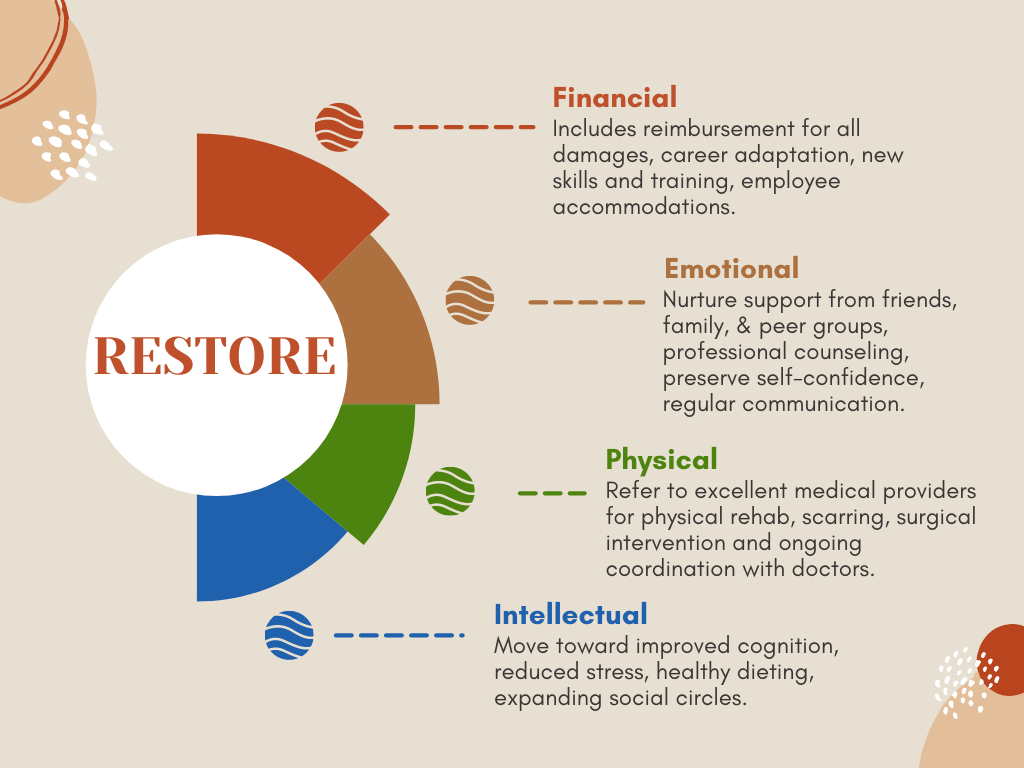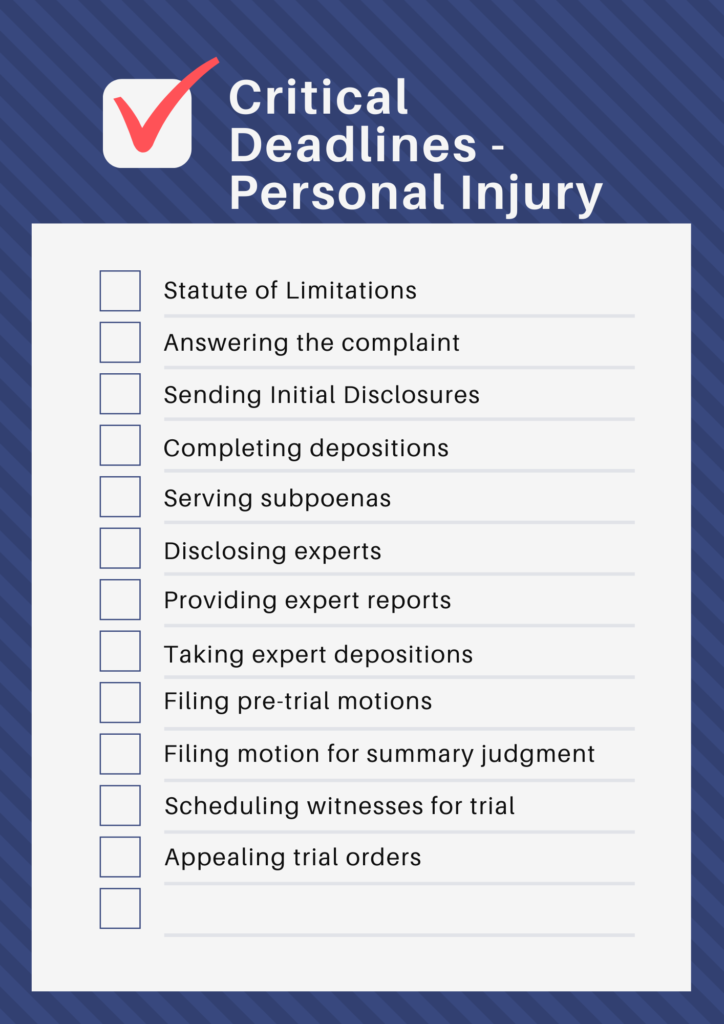The personal injury lawyer you choose can make or break your case. You want the best personal injury lawyer for your case. If you hire a lawyer that doesn’t know what they’re doing, you will get less than you deserve, and I’m not just talking about the amount of money you receive. There’s so much more to what personal injury lawyer does than just getting you settlement money.
In this article, we’ll cover five ways your personal injury lawyer can ruin your accident case. You may have a great car accident claim, but if you hire the wrong lawyer, you won’t get the result you deserve.
If you want to learn how to hire the best car accident lawyer, read our article titled, How To Find and Hire The Best Car Accident Lawyer.
Table of Contents
If you’re personal injury lawyer is only worried about getting money out of your case, you’re going to get shortchanged. Your lawyer’s top priority must be your best interest, not rushing to a settlement so the law firm has revenue to continue its business. You can’t rush into a great result.
If you’re injured in an accident, there’s a lot to deal with. You have insurance companies to respond to, medical providers to research to get excellent care, family members to accommodate, employers and customers to coordinate with, and the new emotions you are struggling through. A lawyer that is worried only about quickly settling your case will likely not consider these important aspects of your case.
Getting you the most money is important. But getting the most money for your personal injury claim is not done in a vacuum. Your lawyer must take the time to consider all components of your injuries and damages to get you completely restored.

In many accident cases, expert witnesses are required to further your case in court. Experts are most often used for strengthening evidence around accident reconstruction, medical causation, standard of care, extent of damages.
Defense lawyers for the insurance companies are going to have experts on their side. Good experts. Insurance companies pay a lot of money for experts. Not only that, but their experts know not to bite the hand that feeds them. In other words, the expert knows not to say the wrong thing if that expert wants the insurance company to continue hiring him or her.
Consequently, your personal injury lawyer must hire excellent experts. Choosing the right expert takes experience and money. If your attorney doesn’t have the money to invest in a top-tier expert, you’re going to be in trouble. Or, if your attorney doesn’t know where or how to find a well-qualified expert, you probably won’t get the result you’re hoping for.
For personal injury cases, knowing the deadlines is critical. Of those deadlines, the statute of limitations is the most significant. For more information on statute of limitations, read the section from The Ultimate Guide to Car and Trucking Accident Insurance Claims. In general, however, you have 4 years to file your personal injury case in Utah.
Once you file a lawsuit, you have several critical deadlines to calendar. Make sure your lawyer has the system and staff in place to carefully calendar these dates. Missing these deadlines can kill your case.

You don’t want a personal injury lawyer that will just skim across the surface of the water. You want a lawyer that will do a deep dive to the ocean floor. Here are some key signs that your lawyer is willing to take a deep into your case, looking at it from all angles:
As the saying goes, if you fail to plan, you plan to fail. Or, as Stephen Covey states in his 7 Habits of Highly Effective People, “Begin with the end in mind.”
Your lawyer must begin with the end in mind. Without a strategy, your personal injury lawyer will be reactive and not proactive. You want to put the insurance adjuster or defense attorney on his or her heels. With an aggressive, clear strategy from the outset, you’ll get the adjuster or defense attorney working to get your case resolved.
We treat your injuries as central to the entire case. Your lawyer should spend more time talking and thinking about your injuries than anything else. It’s important to work with your doctors to make sure they properly diagnose and record your complaints and diagnoses in the medical notes.
You need to adequately treat your symptoms. Your lawyer should be experienced to know which medical doctor or provider can help you get better. The lawyer should be able to give you solid recommendations for doctors that will diagnose, describe, and treat your injuries.
Sometimes, more than one person or organization is at fault for causing your injuries. Your lawyer needs to include all parties that will further your recovery. He or she may also need to exclude parties that will not help your case. Adding a party can bring unnecessary complexity that won’t help your case.
Your lawyer needs to know the insurance policy limits and coverages for each party, including your insurance coverage. If there’s only $25,000 in insurance money, and this is all you can recover, you don’t want your lawyer to waste $5,000 hiring an expert. On the flipside, if there’s $1,000,000 available, your lawyer will want to hire that expert.
Also, for larger commercial policies, you want to know details about the deductible. If the company has to pay anything out of pocket, you’ll want to know this when your negotiating.
With some insurance companies or specific insurance adjusters, you’re better off filing a lawsuit from the outset. It can be a waste of time trying to negotiate. You make progress with these insurance companies when you file a lawsuit.
However, if you have a reasonable insurance company or adjuster, you may save time and money foregoing litigation.
Knowing whether to sue or try to settle before filing a lawsuit, comes with experience. There are no shortcuts to knowing when to file and when to negotiate.



